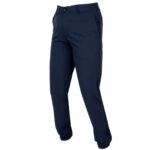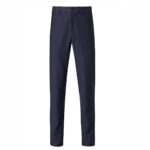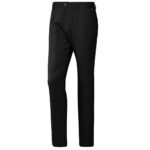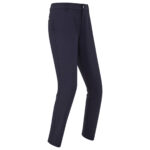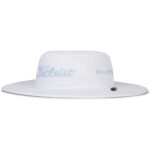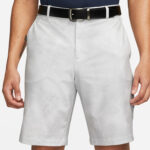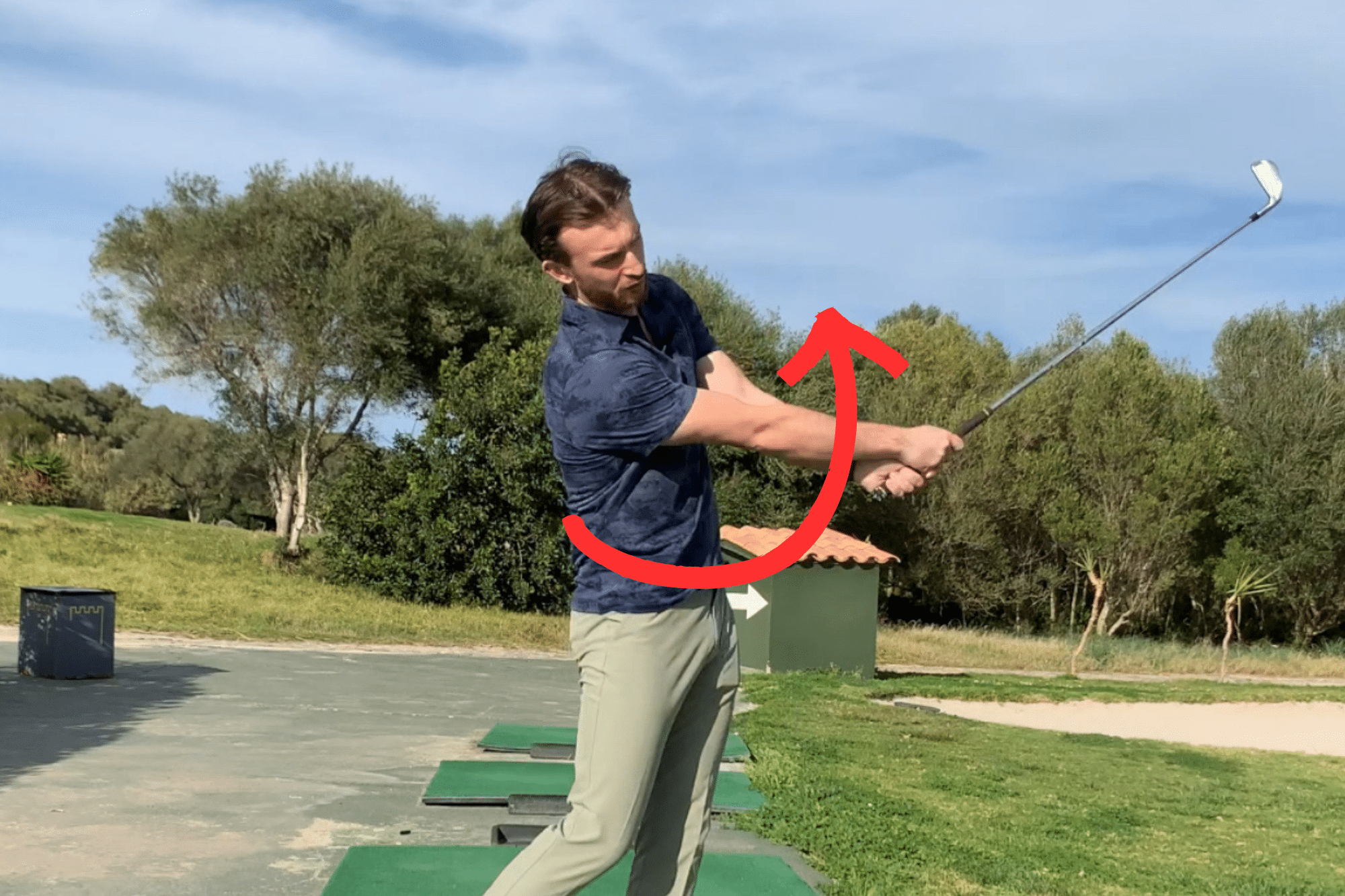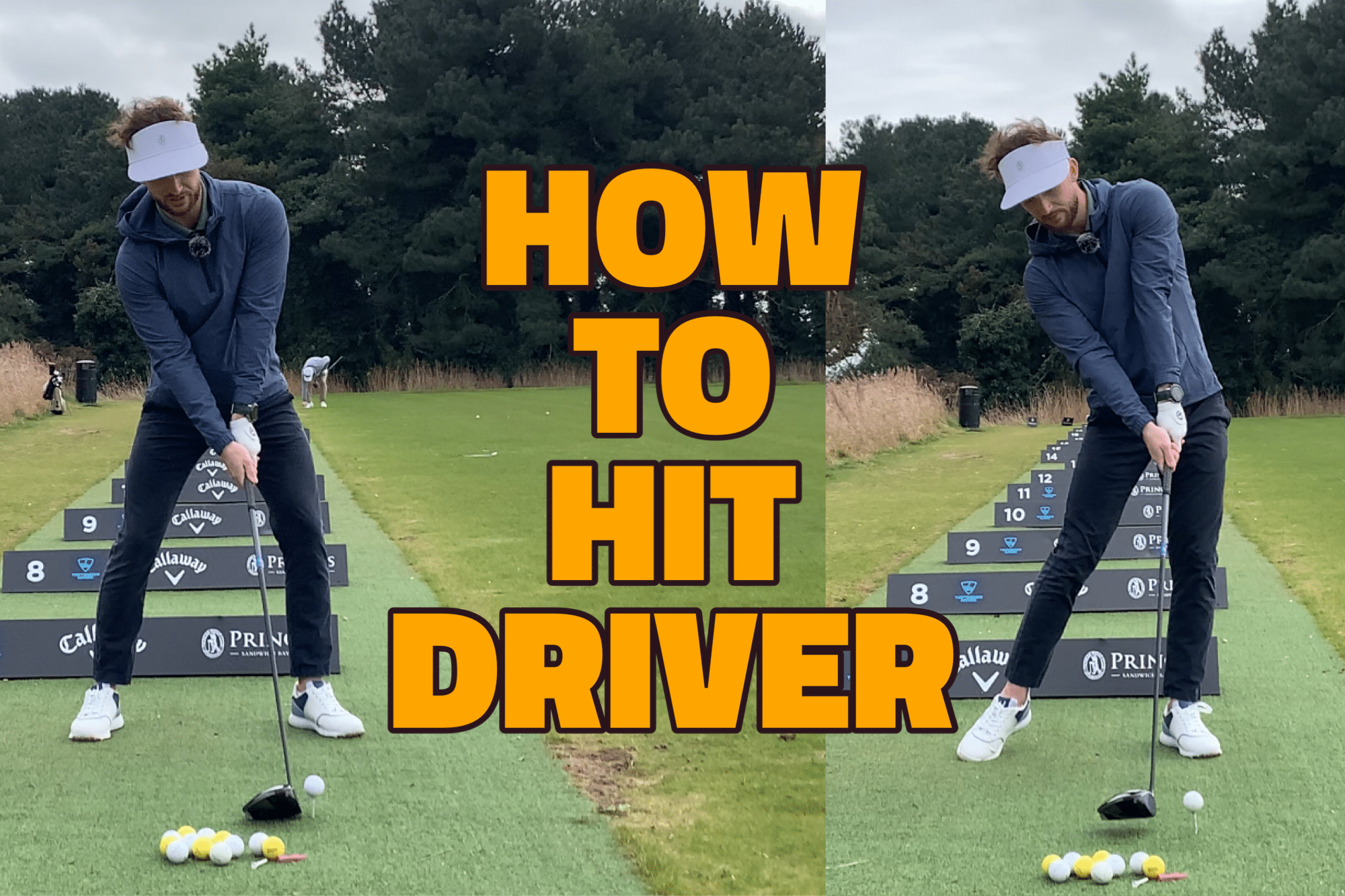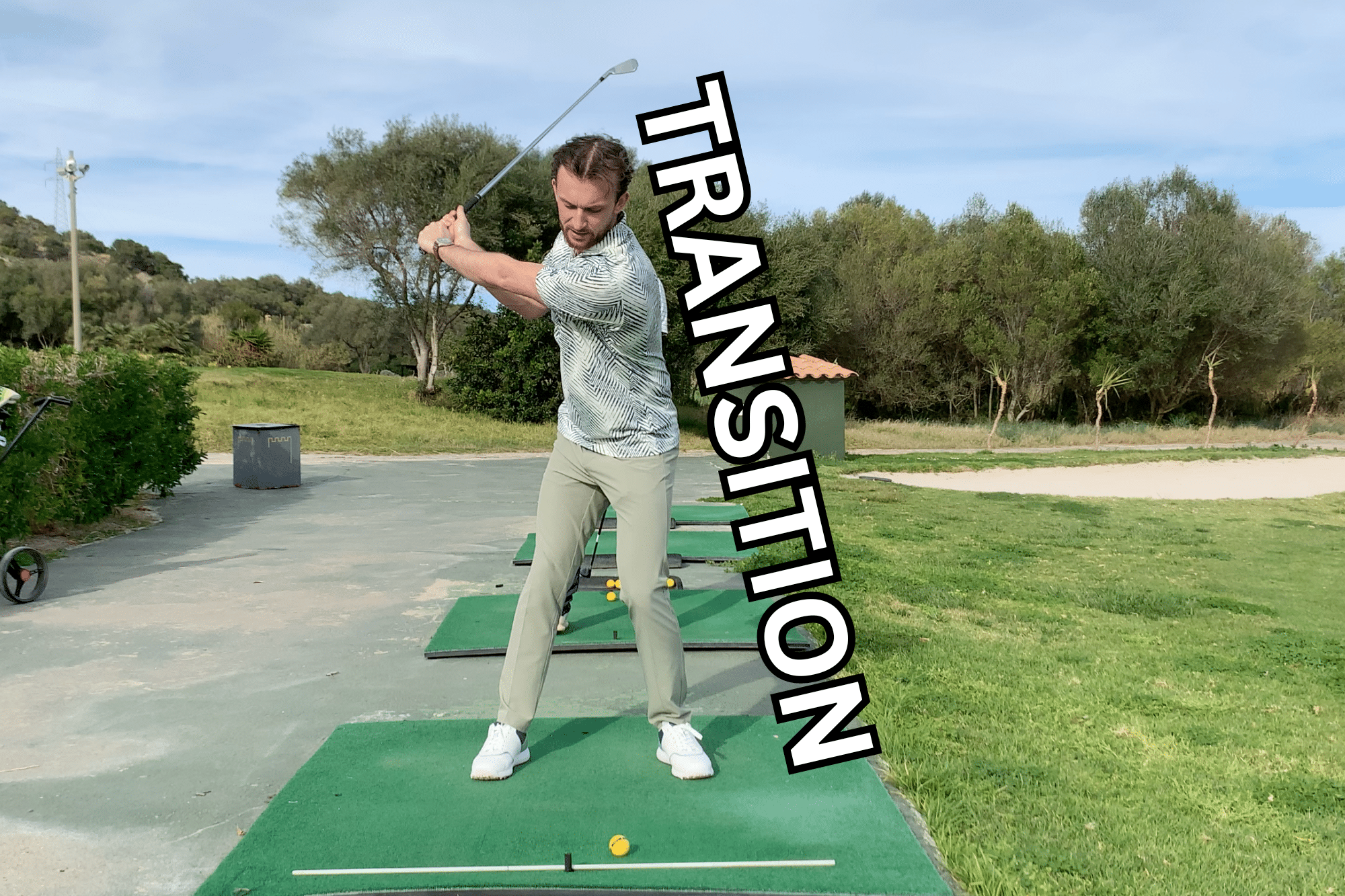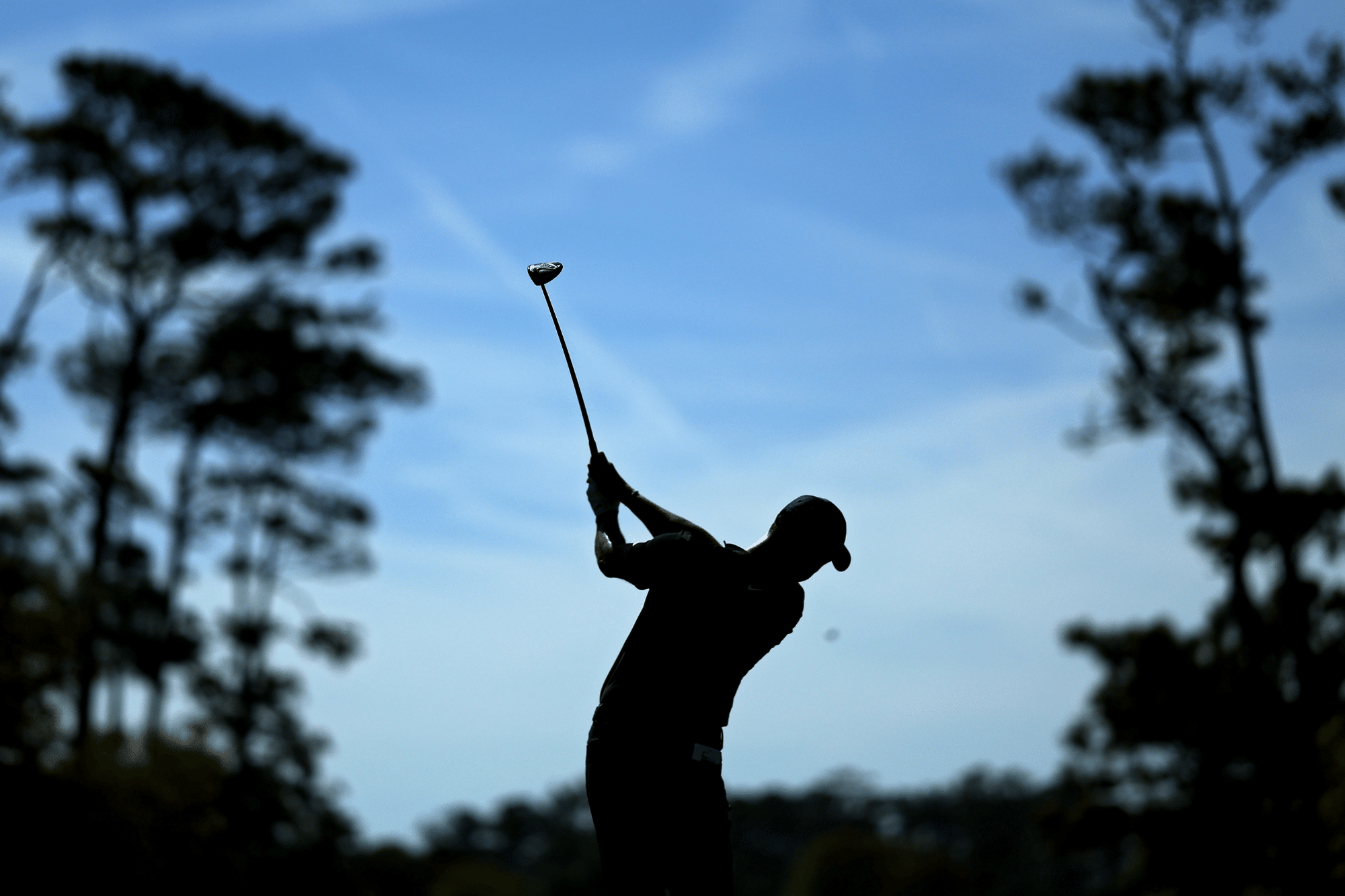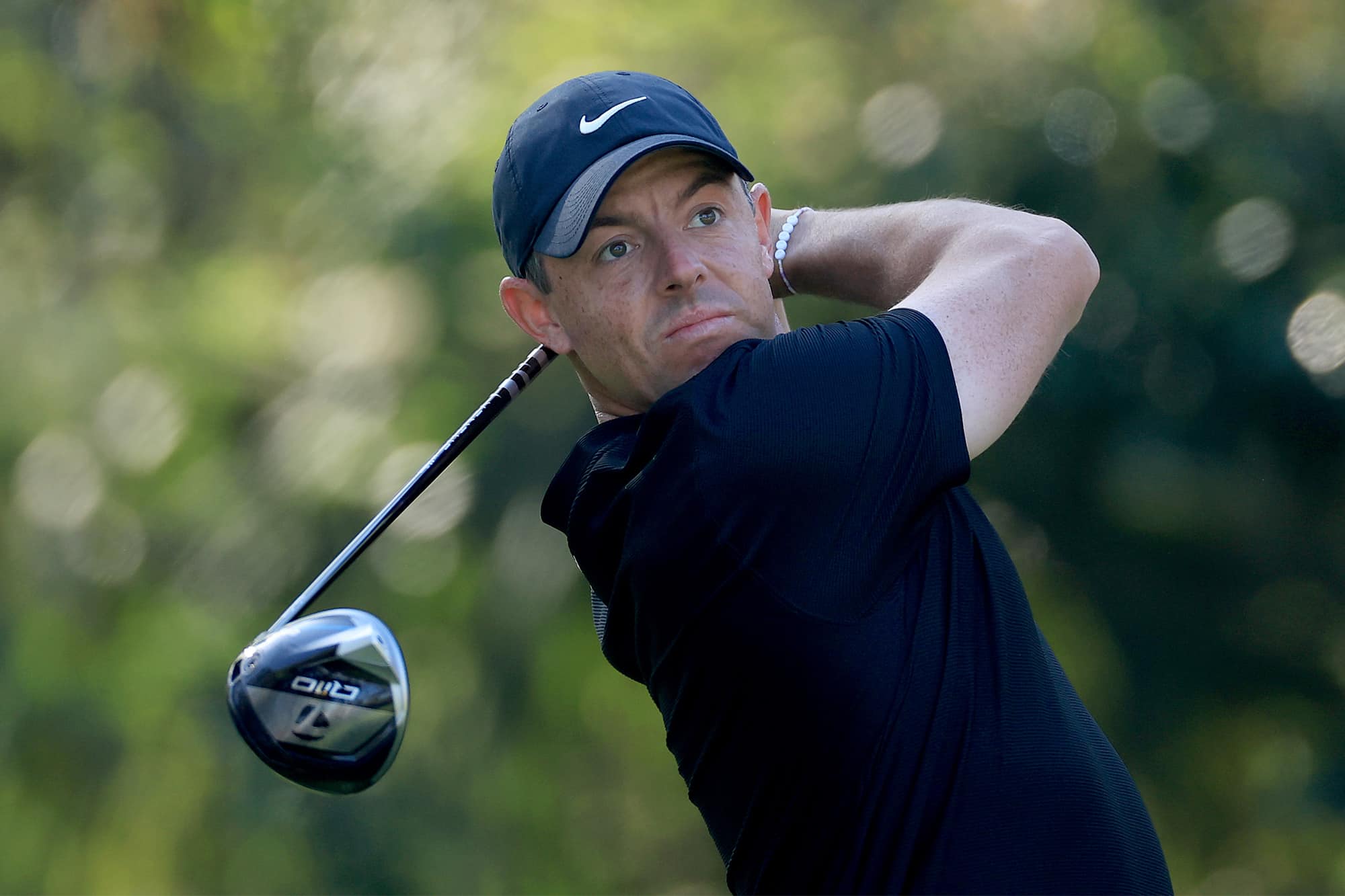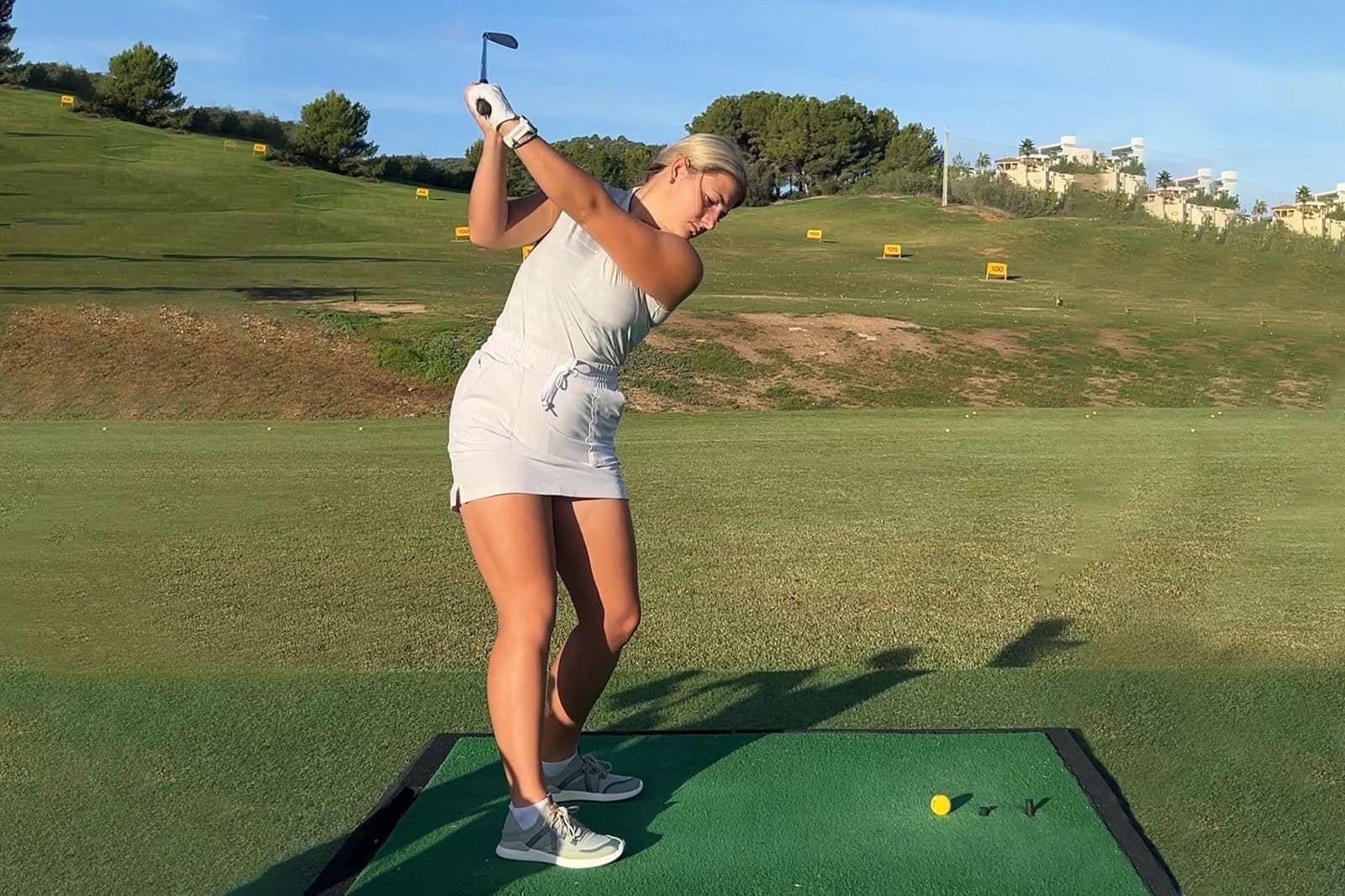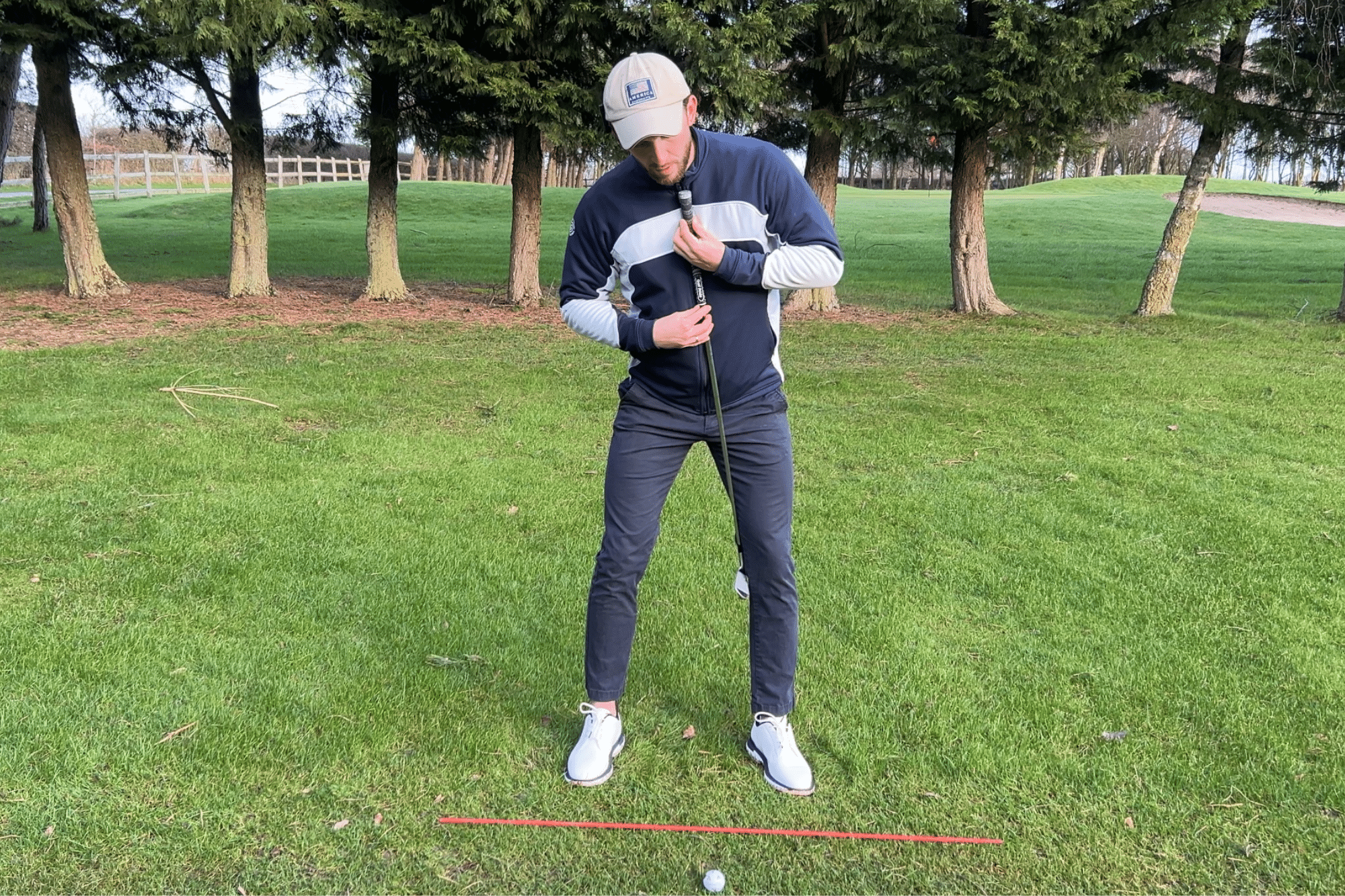
The regular on-course advice you should definitely ignore
After many years working in sport science, golf coaching and lecturing there is one thing I have learned: If people don’t want advice, don’t give it to them.
Despite this, I’ve had many experiences practising at the range or playing on the course where I’ve overheard advice barked at a poor golfer. They’ve just hit one bad shot and they begin to receive a golfing physics lesson from a so-called ‘expert’.
The issue isn’t just that they didn’t want this advice. In so many cases it is simply wrong.
With this in mind, here are my top three biggest offenders for golfing advice that you should ignore – in order of how much they frustrate me.
(And just so I don’t come across as a hypocrite, if you don’t want this advice please stop reading now…)
3. Keep your head down

In at No. 3, this offensive piece of advice is the happy beginner’s arch nemesis, and yet it is always meant with good intent. It’s the right advice, packaged in completely the wrong way.
It is evident that beginner golfers have many miss-hits. This is often to do with a poor posture and grip. This poor set-up results in a ‘flamboyant’ golf swing with many moving parts.
However, keeping your head down doesn’t solve this problem. Instead it causes a new one.
The player now does not transfer their weight forward in their downswing, resulting in two common outcomes: Catching the ball either fat or thin, the latter caused by the player’s arms pulling towards their body.
The cure
It’s quite simple. They, or you, need to make a balanced swing and move through into a balanced finish, as shown by Danny Willett here:
This doesn’t sound dissimilar to “keep your head down”, but critically it ensures the golfer transfers their weight forward.
Even with a limited grip and posture, they now have a far better chance of hitting the little ball (golf ball) before the big ball (the planet).
2. Gym work is bad for golf
In at No. 2 is a personal favourite of mine. In golf the tide of opinion is slowly shifting, but there is still an out-dated opinion that exercise, strength work and lifting is not good for your golf swing.
People will generally point to the one to two professional players they know who have popularised gym workouts and also have experienced injuries, but this correlation cannot be take for causality.
It is as strong as the causality between ice cream sales and drownings in the UK. These are highly correlated events – both occur when temperatures are high – but have no causality. Increasing ice cream sales does not lead to more drownings.

Let us shift back to our topic and think deeper about the issue at hand. Professional golfers are hitting the ball harder and further than ever. This has led to far greater forces being placed on their joints and muscles.
These forces are replicated more often and from a younger age, due to the ‘Tiger effect’, players starting younger and training more seriously.
With this set up I would argue we have a strong recipe for injury. Proper conditioning is a critical factor in reducing the risk of injury, and improving performance.
The cure
A sound personalised conditioning plan is just as useful for the club amateur as it is for a professional if you wish to improve your golf and play for many years.
I would urge you to seek out knowledgeable professional to give you tailored advice. However, if you’re keen to browse online, check out TPI or a qualified S&C on Instagram.
1. An out-to-in swing path causes a slice
At No. 1 we have this beauty. Still doing the rounds and halting millions of golfers’ progress around the globe. Yep, you heard me, but I will say it one more time: An out-to-in swing path does not cause a slice.
To dig into this one, let us first define a slice for a right hander – a shot starting left of target, curving left-to-right in the air and finishing right of target.

The critical point to focus on is what causes this ball to curve in the air. The culprit is unwanted ball spin – the ‘Magnus effect’ for any geeks out there.
Ball spin is commonly talked about as a combination of backspin (needed to keep the ball in flight) and sidespin (generally unwanted – causes the ball to hook or slice). If we’re being pedantic we’d call combining the above a ‘non-vertical spin vector’.
So what causes this spin, I hear you cry? The answer is the clubface not being square to the swing path. Striking the ball with the face angle open to the swing path imparts this unwanted slice spin on to your shots.
The cure
Well, the simple answer is to square up the clubface with the path. This can be achieved by changing one of many things in a golfer’s swing – the release, left wrist angle, ball position.
However, the No. 1 reason for this open clubface is a poor left hand grip at set up. By improving your left-hand grip you will square up the clubface with far greater ease. You will then nail the ball directly inline with your swing path – straight left into the trees.

This is the reason changing a golfer from slicing to hitting it straight takes some work. It requires an improvement of the clubface, alongside straightening their swing path. However, I would always advise starting by improving your clubface at impact.
I’ve enjoyed this rant and I hope you have too. It feels good to get it off my chest. If only 100 golfers read this but they gain more understanding on how to play and enjoy their golf then I’ll be a happy man.
Please share with someone who is a key culprit for giving bad advice and feel free to comment below with your favourite “bad advice” you hear on the range or course.
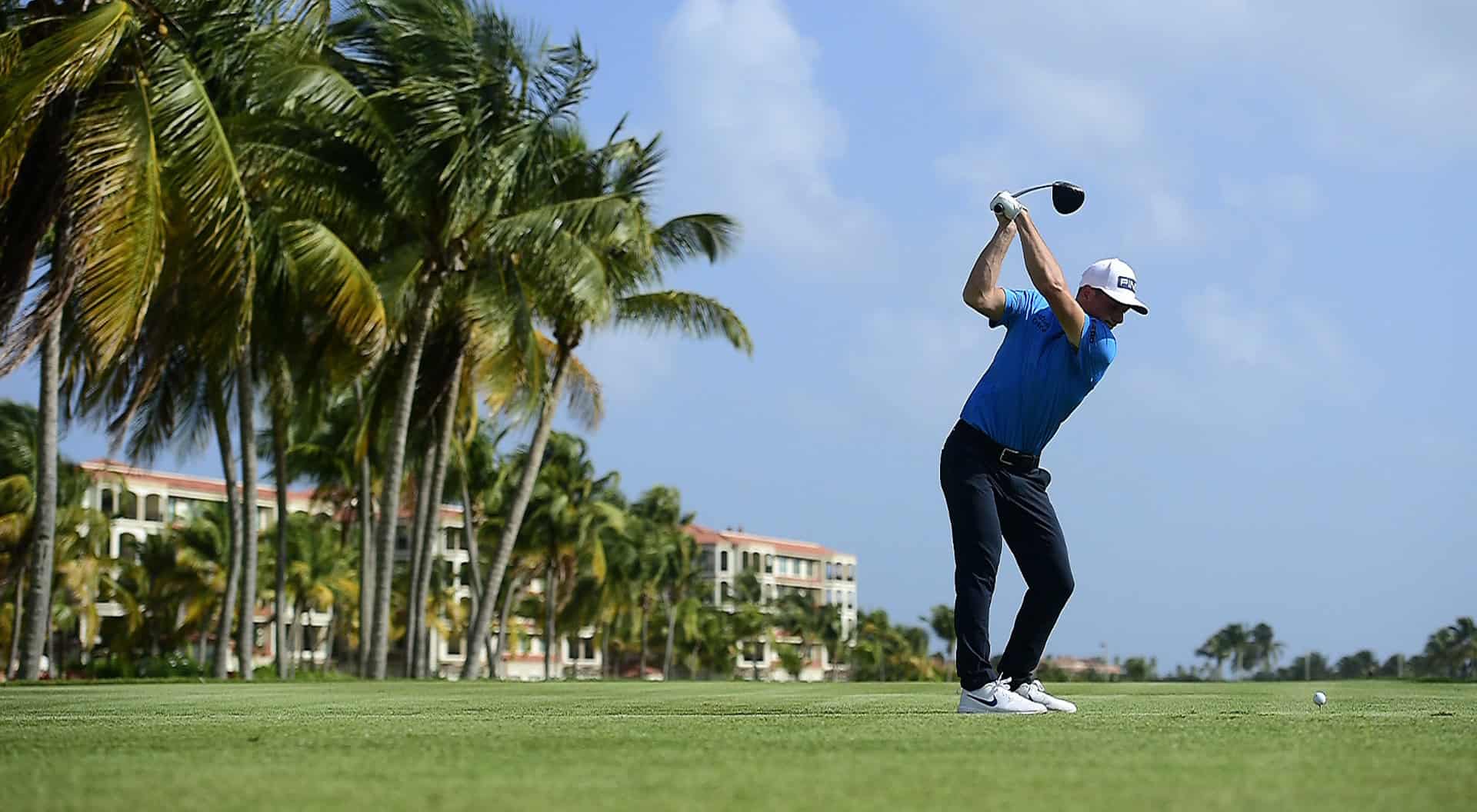
Strokes gained: What is it and can it improve your game?
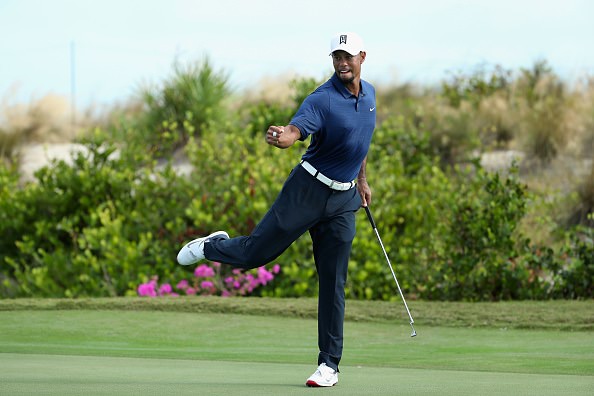
How recalling great moments could improve your own golf game

I’m practising – so why am I not getting better?
Will Shaw is a performance coach to elite golfers and a lecturer in sport biomechanics and psychology. You can follow him on Twitter and visit his website.

